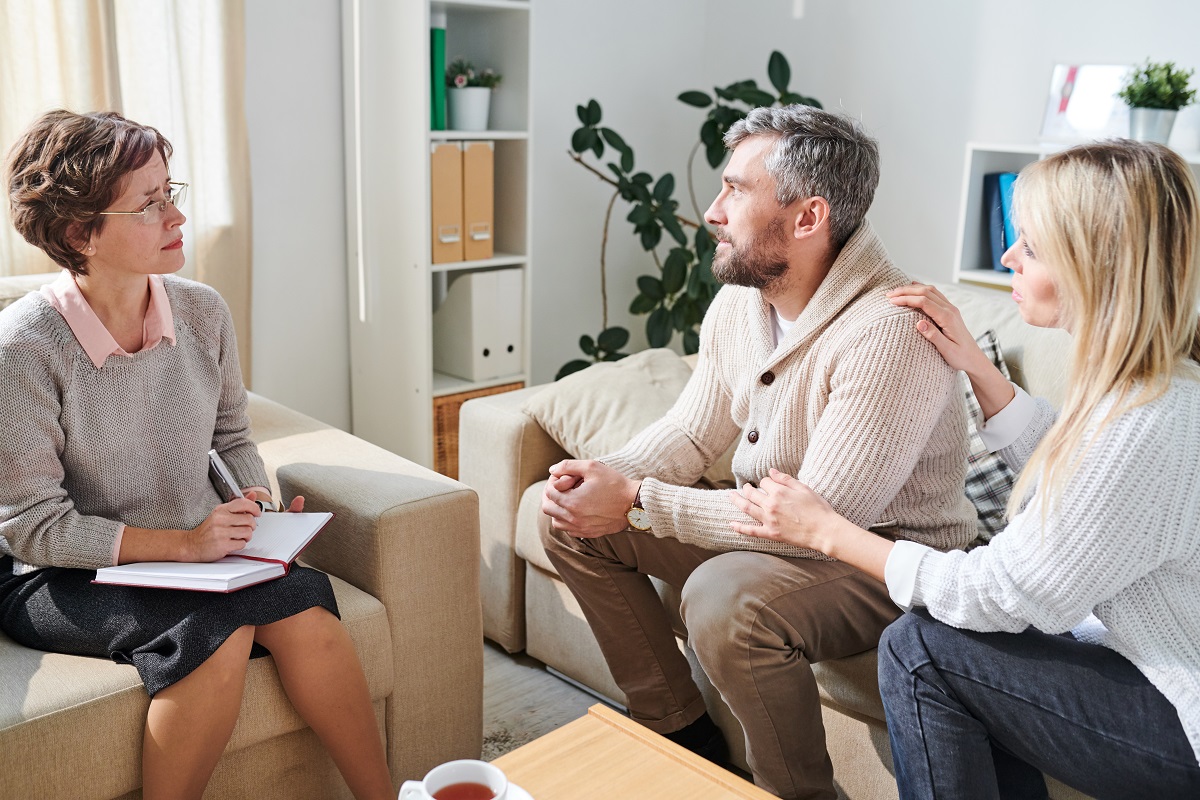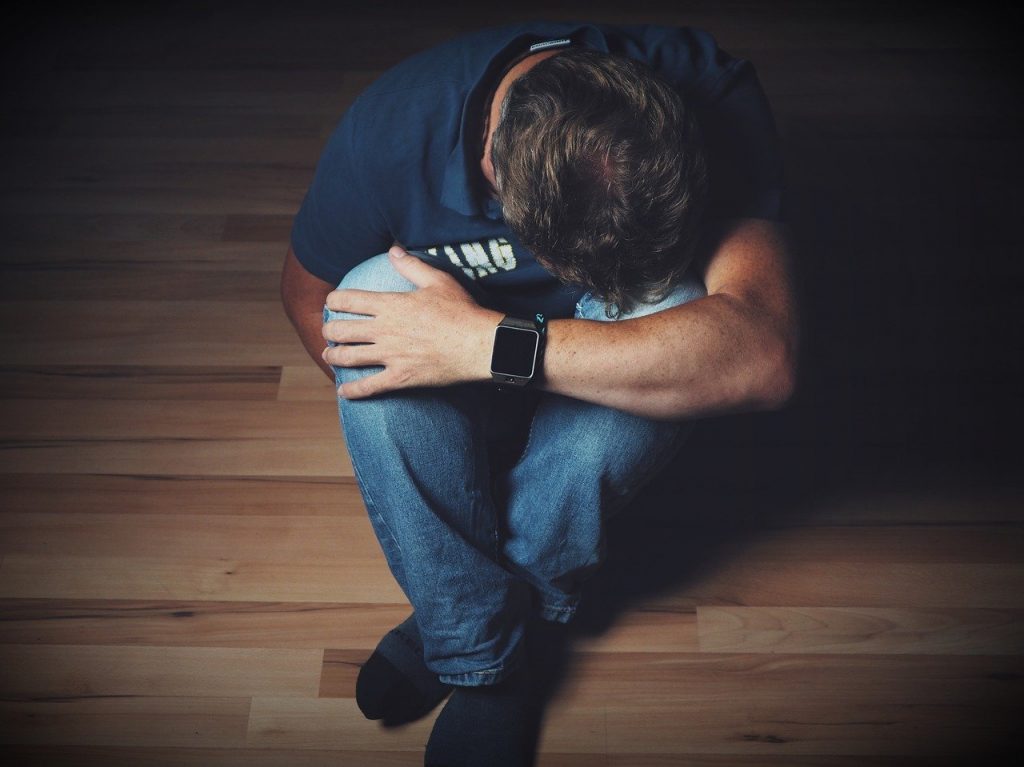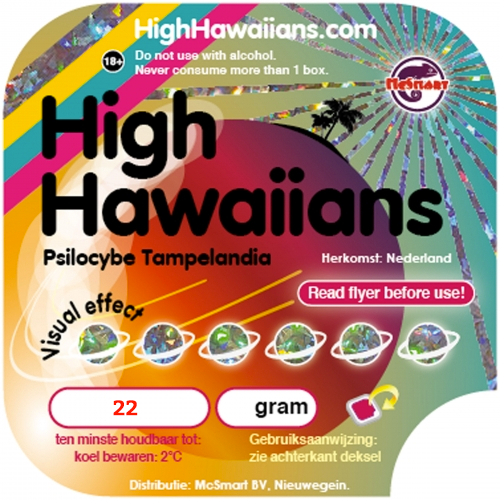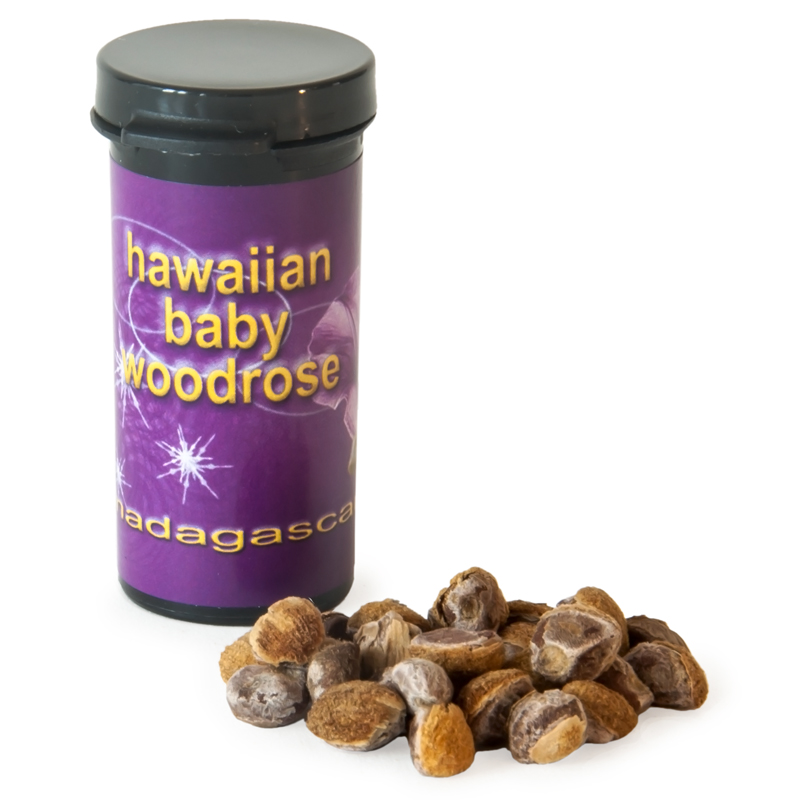
By now, we know that most pain or psychotropic medications can be bad for us. But every year, doctors prescribe them to millions of people for depression. In 2018, 168,158,611 prescriptions were written. Does that seem like a lot? In 2016, American physicians wrote 214,881,622 opioid prescriptions. That is 66.5 opioid prescriptions for every 100 people.
The overuse of medications is dangerous. And how do we know they are not the right solution for every patient? The opioid crisis indicates that prescriptions may not be the best approach for patients with mental health needs.
But tell that to the pharmaceutical companies. They have a “pill for everything” with little data about the long-term effects of medication use. Read the label! They aren’t sure what it is going to do to a patient after 20 years of use. They just don’t have the longevity trials to back it up. Or guarantee the safety of these drugs.
The National Institute of Health reports more than 90% of people who commit suicide, have depression. And at least one other mental health or substance abuse disorder. Depression, drug abuse, and suicide are statistically linked.
Untreated clinical depression has an economic cost of about $300 billion dollars per year. Psychedelics have been used in medicine and for mental health treatments for over 5,000 years. They may be making a legalized comeback now, as we search for better mental health treatment alternatives.
We all have good days and bad days. We can have months where we feel on top of the world. And then periods of our lives that are difficult to manage. During hard times, most of us can work to improve our mindset and circumstances. For people with clinical depression, that low never goes away. And it can be crippling.
Life with depression brings a host of struggles. People with severe clinical depression may struggle to remain employed. They have a higher than average absentee rate because of their symptoms. If there is no support for the employee, they can find it hard to keep their job.
Coping with symptoms of severe depression can have other health impacts. Individuals may gain or lose weight, which increases health risks. People with clinical depression are prone to drug abuse, to alleviate the symptoms and fatigue. Psychotropic medications can be life-threatening when used with alcohol or prescription opioids. The combination increases the risk of accidental overdose.

Suicidal ideation is common among patients diagnosed with depression. Suicide rates can be higher among patients who have other underlying health conditions, such as chronic pain. Trauma can also contribute to clinical depression. Causes include abuse, assault, combat
Recent data from the American Foundation for Suicide Prevention paints a picture. A lack of resources and treatments for patients with moderate to severe mental health disorders exists.
For more data on suicide rates and risk factors, read: “Suicide Facts and Figures United States 2020” – American Foundation for Suicide Prevention
Some people think once you are on medications for conditions like anxiety or depression, you are stuck with them. For life in some cases. There is some evidence to that. The class of medications is difficult to withdraw from, without significant risks or side-effects.
The next problem is that there is no alternative. Patients with severe mental health disorders do not have other choices when it comes to effective therapies. They move from one prescription medication to the next until they find a drug that works for them. But even in doing so, they are already building a resistance to the drugs they had been prescribed. It’s a vicious cycle, and patients often tolerate a high-risk medication (and side-effects). Because cessation is not a safe option.
Some of the side-effects of opioids and psychotropic medication withdrawal include:
Medical marijuana offers patients (in legalized states) a natural and holistic treatment solution. Certain strains of cannabis can create feelings of euphoria, happiness, and relaxation. What medical cannabis cannot do, is unlock the deeper thinking that happens while micro-dosing psilocybin. The kind of “spiritual journey” that allows patients to dismantle emotions, fears, injuries, and trauma. And with therapeutic support, resolve those issues.
Depression and trauma can be very much like a locked door. Something the patient struggles to forget and work through every day. Often without medical support. There is a stigma with mental health disorders, and many people do not talk to their physician about symptoms. Or about family history.
Psychedelics may be the next holistic boom. And new mental health treatment in the United States. The FDA is studying the results of legalized therapies provided in countries like Canada. Canada legalized clinical ketamine treatments. The use of “magic mushrooms” remains illegal. To possess, purchase, or grow. It is a Schedule III drug without a prescription. Patients who wish to use psychedelics can appeal to Section 56(1) of the Canadian Controlled Drug and Substance Act. After review, they may get approved for medically supervised use.
Psilocybin laws in Canada mirror the UN Psychotropic Substances Act. But classifying it as posing “some risks to public health”. Legal penalties for possession and cultivation are lower in Canada. It is legal to pick them wild, buy spores, and grow kits. But it is illegal to possess mushrooms in the dried form.
Canada is not the only country discussing the legality of psychedelics. Many other countries made it legal to buy and use psilocybin. And other psychedelics like ayahuasca and LSA for mental health treatments.

The Netherlands is very progressive when it comes to healthy living. The culture of the Netherlands actually embraces holistic or natural therapies. It’s surprising that the Netherlands categorizes mushrooms as a Schedule 1 drug, which is prohibited.
In the Netherlands however, you can visit a “smart store” and purchase “magic truffles”. The truffles contain a microdose of psilocybin, inside delicious chocolate. Ayahuasca, however, is legal in the Netherlands and you can purchase it in Amsterdam. Thinking about a mental health retreat? You can book a vacation at a resort that serves both psilocybin and ayahuasca.

It is called a few different things, like Wholly Morning Glory (we feel there should be an exclamation on that) and Hawaiian Baby Woodrose. It is also called elephant creeper, woolly morning glory, silver morning glory, and HBW. The plant is native to India and was imported when England colonized India on August 24, 1608. It was used for religious ceremonies and medicine.
The Argyreia Nervosa is a perennial climbing vine also native to Hawaii, Africa, and Caribbean countries. The seeds are harvested and have powerful entheogenic content. There are two botanical varieties of the plant; Argyreia Speciosa is the one used in Indian Ayurvedic medicine. Ergine found in the seed’s averages 0.325% concentration of dry weight.
The Argyreia plant contains ergometrine, lysergol, lysergic acid, and other alkaloids. That contributes to powerful psychedelic effects. In the United Kingdom, it is legal to grow, buy, and consume, and it is also a decorative household plant. The seeds of Baby Woodrose create a sedative, dream-like trance state, with an average 6-hour duration.
The British Misuse of Drugs Act follows the UN Psychotropic Substances Act, with psilocybin in the restrictive category (Class A). Other Class A drugs in the UN PSA include methamphetamine, cocaine, and heroin. The classification is being legally challenged in England by some psychedelic advocacy groups.
Thank the Aztecs for the mainstream adoption of psychedelics for medicinal and recreational use. The most popular psychedelic was (and still is) Ayahuasca. It was used in the practice of Shamanism in the Peruvian Amazon, by tribes for spirit walking. And by warriors on the battlefield.
Peru is one county that has actively expanded Ayahuasca tourism, providing retreats. It is legal to use and possess Ayahuasca. There are many resorts and businesses creating luxury vacation options for psychedelic seeking tourists.
You would think that a country known for embracing cannabis culture, would have added psychedelics to the legal list some time ago. However, Jamaica started pushing for the legalization of psychedelics in 2015. And resorts offering tourists a psychedelic retreat have been popping up rapidly around the island country.
At Jamaica’s psychedelic retreats, vacationers can dose up to four times during a weeklong stay. Micro dosing is provided in capsules, with the average “trip” lasting 4-5 hours. Each capsule contains about ½ a gram. It usually contains a combination of Psilocybe Mexicana and Psilocybe Cubensis. MycoMeditations is one of Jamaica’s leading providers of psilocybin mental health retreats.
As the Food and Drug Administration evaluates psychedelic drugs as a potential therapy, there are successful international examples. Some patients who have treatment-resistant depression or paralyzing traumas have reported significant benefits. Psychedelics have the power to unlock long-held emotional traumas to help patients process it.
That means that psychedelic drug therapies would help cure the condition. Instead of helping patients mask or numb the symptoms of severe depression and trauma. Without a lifetime of prescription medications. And potentially harmful side-effects.
Trauma, anxiety, and depression are like a box in the brain that holds injury. Ketamine, psilocybin, and other psychedelics may help unravel the tape, open the lid, and provide relief. In a clinical setting, a ketamine treatment can involve cognitive behavioral therapy (CBT) after the patient has returned from the “trip”. When the patient is relaxed, some clinical studies have suggested that they are more open to therapeutic counseling that can help them resolve the cause of the trauma.
Scientists don’t understand how a psychedelic “trip” can help a traumatized person “let go”. Or how ketamine and other types of psychedelics help patients open up emotionally. But there is growing evidence from patient feedback that it works.
Make your bets now and guess the first state that will completely decriminalize psychedelics for clinical therapeutic use. There is movement at the state level to advance the legalization of psilocybin:
For many industry insiders, the legalization of psychedelics for supervised medical treatments appears to be on track in the United States. We may see clinics similar to those provided in Canada in major cities within two years or sooner.
As the medical community looks at better treatments for people with life-threatening mental health disorders, psychedelics may be the next frontier for mental health. And a new path to healthy and balanced living.
No Information on MarijuanaDoctors.Com should be used to diagnose, treat, prevent or cure any disease or condition. You can view our Full Disclaimer here.